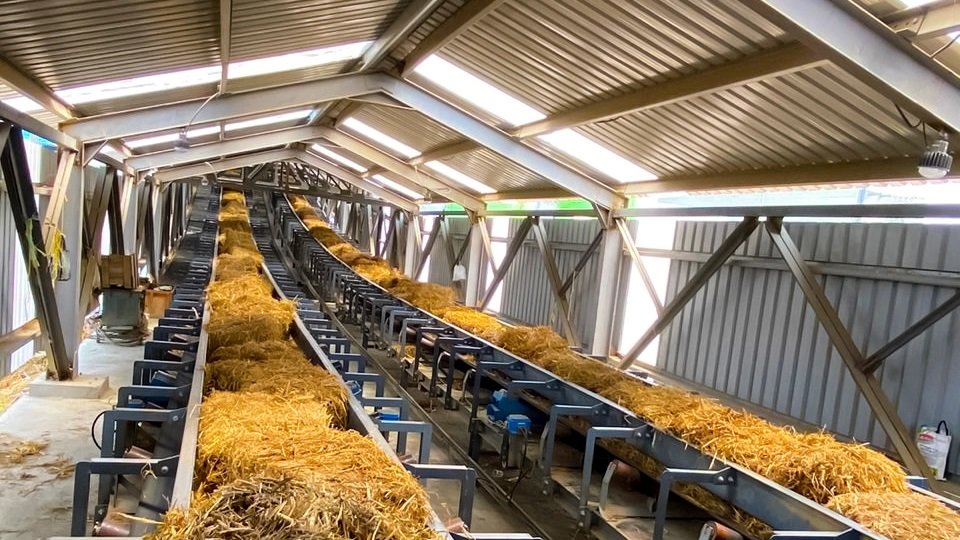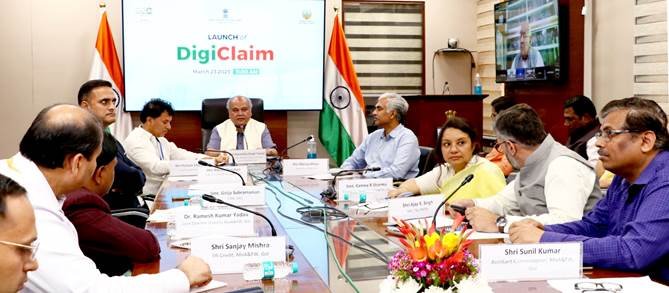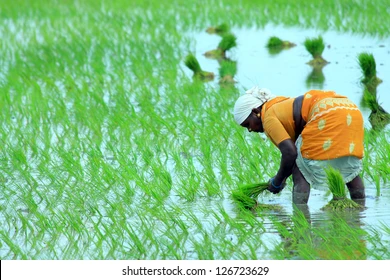The growth for the whole year which was led by Brazil and China reflected strong market demand for crop protection products.
Israel based agrochemical major ADAMA Ltd. has reported its financial results for the fourth quarter and twelve-month period ended December 31, 2022.In the full year 2022, sales of the Company reached a record high of RMB 37.38 billion (USD 5.57 billion) million, up by 20 per cent in RMB terms and 16 per cent in USD, driven by a 16 per cent increase in prices and a 4 per cent growth in volume. The growth for the whole year which was led by Brazil and China reflected strong market demand for crop protection products.
The Company reported an EBITDA of RMB 4.88 billion (USD 730 million), with a growth rate of 28 per cent in RMB and 23 per cent in U.S. dollars on a year-on-year basis. The significant increase in prices as well as the growth of sales volume for the full year outweighed the negative impact of higher costs for procurement, production and logistics, unfavourable exchange rate fluctuations and escalating operating expenses due to intensifying inflation pressure.
Full Year 2022 Highlights:
Sales up 16 per cent to a record-high of $5,570 million (+20 per cent in RMB terms; +19 per cent in CER terms), driven by 16 per cent higher prices and 4 per cent volume growth
Improvement of Opex/Sales ratio of 19.9 per cent vs. 20.5 per cent in 2021; Adjusted operating income up 8 per cent to $458 million (RMB: +11 per cent)
Adjusted EBITDA up 10 per cent to $740 million (RMB: +14 per cent) vs. $671 million in the full year of 2021.
Adjusted net income amounted to $118 million; Reported net income nearly tripled to $96 million
Fourth Quarter 2022 Highlights:
Sales down 2 per cent to $1,312 million (+9 per cent in RMB terms; +1% in CER terms), 6% higher prices and 6 per cent decrease in volume
Adjusted EBITDA amounted to $129 million vs. $207 million in Q4 2021
Adjusted net loss of $42 million; Reported net loss of $22 million
Ignacio Dominguez, President and CEO of ADAMA, said, “As we enter the year of 2023, we reflect on the remarkable year that was 2022. This was a year in which the crop protection market experienced exceptional growth, both in volumes, and especially in prices largely aimed to offset increases in costs. I am happy to say that ADAMA grew with the market reaching record sales and EBITDA in 2022.
“As 2022 proceeded, crop commodity prices came down from their peak, maintaining historically elevated levels. This has continued into 2023, while fertilizer and energy prices declined at a slower pace, leading to lower but still historically high farmer profitability. With high inventories in the market, we anticipate a gradual return to normalization in the crop protection market towards the second half of 2023.
“We believe that in 2023 farmers will continue to invest in crop protection products that bring them incremental value. In 2022 ADAMA introduced many differentiated products to the market, optimizing its offering to farmers around the globe while maintaining simplicity in doing business, and intends to continue to do so in 2023.”
The growth for the whole year which














